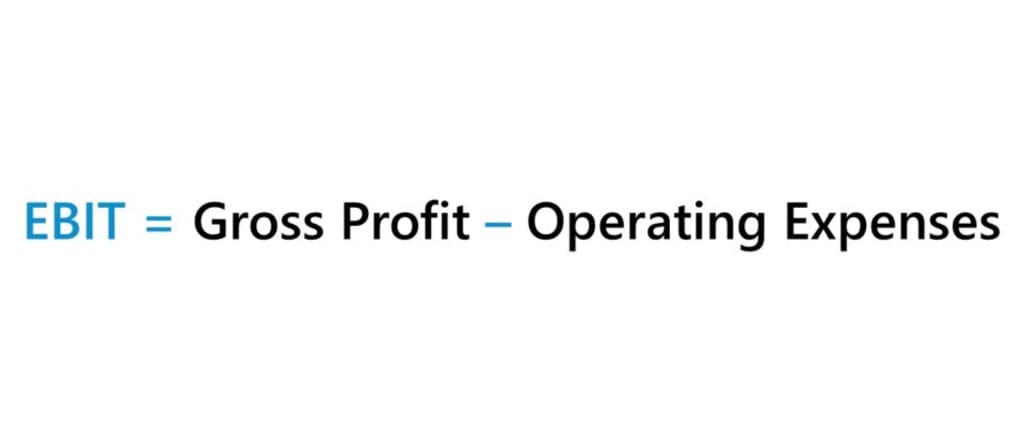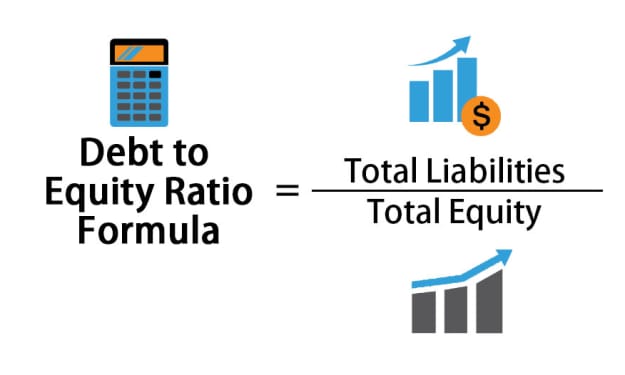Understanding EBIT for Kids: Explaining Earnings Before Interest and Taxes with a Lemonade Stand Example
Teaching Kids the Basics of Business Profitability Using EBIT as a Simple Financial Metric with a Fun Lemonade Stand Example

EBIT, which stands for Earnings Before Interest and Taxes, is a financial metric that measures the operating profitability of a company before accounting for interest and taxes. It is a widely used indicator in financial analysis and provides insights into a company's core operating performance without the impact of non-operating items such as interest expenses and taxes. In this article, we will explore EBIT in detail and provide an example to illustrate its calculation and interpretation.
EBIT is calculated by subtracting a company's operating expenses, excluding interest and taxes, from its revenue. The formula for EBIT is:
EBIT = Revenue - Operating Expenses (excluding Interest and Taxes)
Operating expenses typically include costs such as cost of goods sold (COGS), research and development expenses, selling and marketing expenses, and general and administrative expenses. Interest and taxes, which are not included in EBIT, are considered non-operating expenses as they are not directly related to a company's core operations.
Let's consider an example to illustrate the calculation of EBIT. ABC Corp is a manufacturing company that generates $1 million in revenue and incurs $600,000 in operating expenses, $100,000 in interest expenses, and $50,000 in taxes. Using the formula for EBIT, we can calculate ABC Corp's EBIT as follows:
EBIT = $1,000,000 (Revenue) - $600,000 (Operating Expenses) = $400,000
So, ABC Corp's EBIT is $400,000, which represents its operating profit before accounting for interest and taxes.
EBIT is a useful metric for evaluating a company's operating profitability as it provides insights into how well a company is performing from its core operations. It helps investors and analysts understand how much profit a company is generating solely from its operations, without the impact of non-operating expenses.
EBIT is particularly useful for comparing the operating performance of companies in the same industry or sector, as it allows for a more apples-to-apples comparison by excluding the effects of interest and taxes, which can vary depending on a company's financing structure and tax rate.
One of the main advantages of using EBIT is that it allows for a clearer picture of a company's operating performance, as it removes the impact of interest and taxes, which can fluctuate due to factors such as changes in interest rates or tax laws. By focusing on operating profitability, EBIT provides a more stable and consistent measure of a company's core operations.
EBIT can also be used to assess a company's ability to generate profits from its operations to cover its interest expenses and taxes. A higher EBIT indicates that a company is generating more operating profit, which can be used to cover interest expenses and taxes, and therefore may be in a stronger financial position.
However, it's important to note that EBIT has its limitations. As it excludes interest and taxes, it does not provide a comprehensive measure of a company's overall profitability or financial health. Interest and taxes are important factors in a company's financial structure and can significantly impact its overall profitability and cash flow. Therefore, it's essential to consider EBIT in conjunction with other financial metrics and factors when evaluating a company's financial performance.
Summarise
Imagine you have a lemonade stand where you sell lemonade to your friends and neighbors. You buy lemons, sugar, cups, and ice to make the lemonade, and you also need to pay for any other expenses like decorations or signs for your stand. These are called your "operating expenses" because they are the costs you need to pay to operate your lemonade stand.
Now, let's say you sell lemonade for $1 per cup, and in a day, you sell 100 cups of lemonade, making a total of $100 in revenue. However, you also spent $30 on lemons, sugar, cups, ice, and decorations. So, your operating expenses are $30.
To calculate your EBIT, you need to subtract your operating expenses from your revenue. In this case:
EBIT = Revenue - Operating Expenses
EBIT = $100 (Revenue) - $30 (Operating Expenses) = $70
So, your EBIT, or the money you made from your lemonade stand before accounting for any interest or taxes, is $70.
EBIT helps you understand how much money you're making from selling lemonade, without considering other costs like interest on loans or taxes you may need to pay. It shows how well your lemonade stand is doing in terms of generating profits from its core operations, which is selling lemonade.
Just like in the lemonade stand example, EBIT is a way to measure how well a company is doing in terms of making money from its main business operations, before considering other expenses like interest on loans or taxes. It's a helpful tool for understanding a company's operating profitability and financial performance.
In conclusion, EBIT is a useful financial metric that provides insights into a company's operating profitability by excluding interest and taxes from its operating performance. It allows for a clearer picture of a company's core operations and can be used to compare the operating performance of companies in the same industry or sector. However, it's important to consider EBIT in conjunction with other financial metrics and factors to gain a comprehensive understanding of a company's overall financial performance.
About the Creator
Tag Business
I Will Providing Various Company Information






Comments
There are no comments for this story
Be the first to respond and start the conversation.